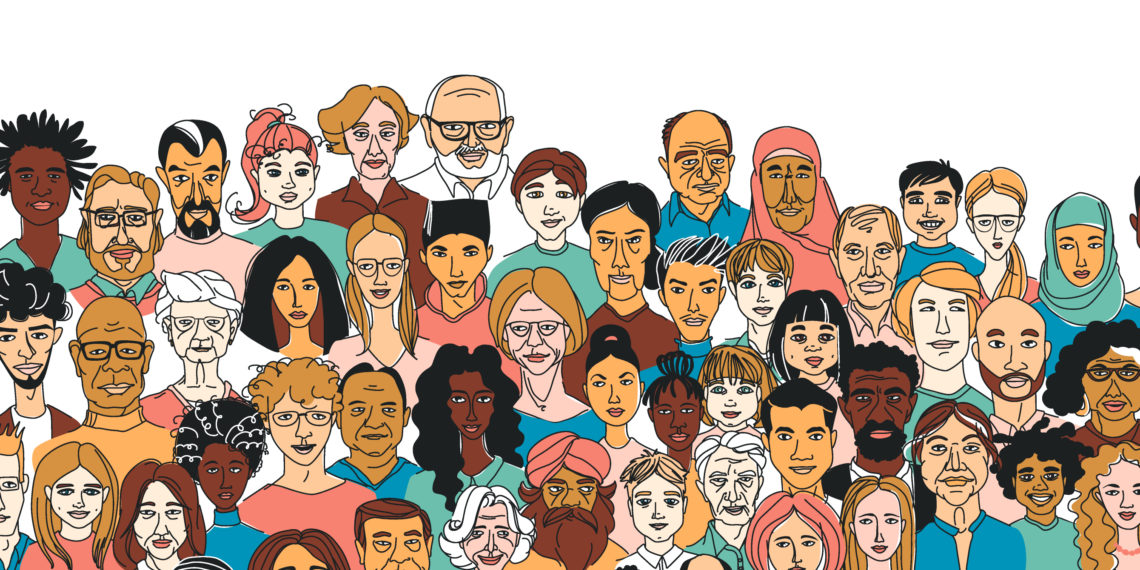Cultural differences in the emphasis on positive and negative emotions suggest that the impact of these emotions on well-being may differ across cultural contexts. The present study utilised a momentary sampling method to capture average momentary emotional experiences. We found that for participants from cultural contexts that foster positive emotions (European Americans and Hispanic Americans), average momentary positive emotions predicted well-being better than average momentary negative emotions. In contrast, average momentary negative emotions were more strongly associated with well-being measures for Asian Americans, the group from a cultural context that emphasises monitoring of negative emotions. Furthermore, we found that acculturation to American culture moderated the association between average momentary positive emotions and well-being for Asian Americans. These findings suggest the importance of culture in studying the impact of daily emotional experiences on well-being.
Choi, E. & Chentsova-Dutton, Y. E. (2017). The relationship between momentary emotions and well-being across European Americans, Hispanic Americans, and Asian Americans. Cognition and Emotion, 31(6), 1277-1285.




![[연구참여자 모집/사례 지급] 자유연상 패턴과 심리적 속성 간의 관계 탐색](https://happyfinder.co.kr/wp-content/uploads/2024/05/워드프레스_연구참여자모집-360x180.png)










![[연구참여자 모집/사례 지급] 자유연상 패턴과 심리적 속성 간의 관계 탐색](https://happyfinder.co.kr/wp-content/uploads/2024/05/워드프레스_연구참여자모집-350x250.png)


